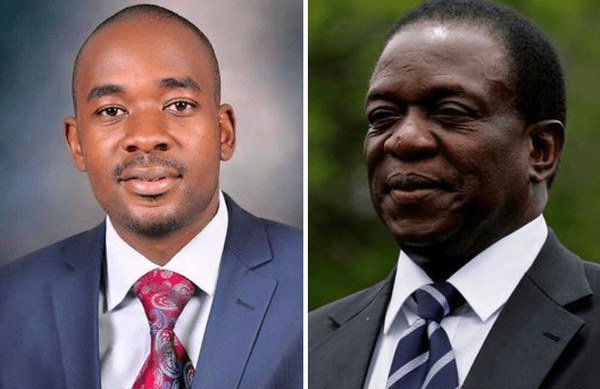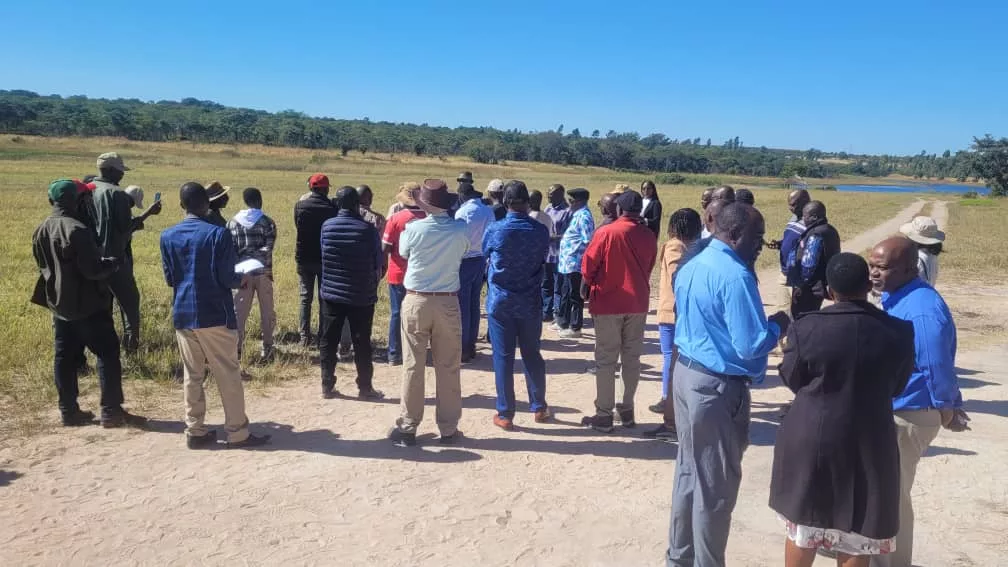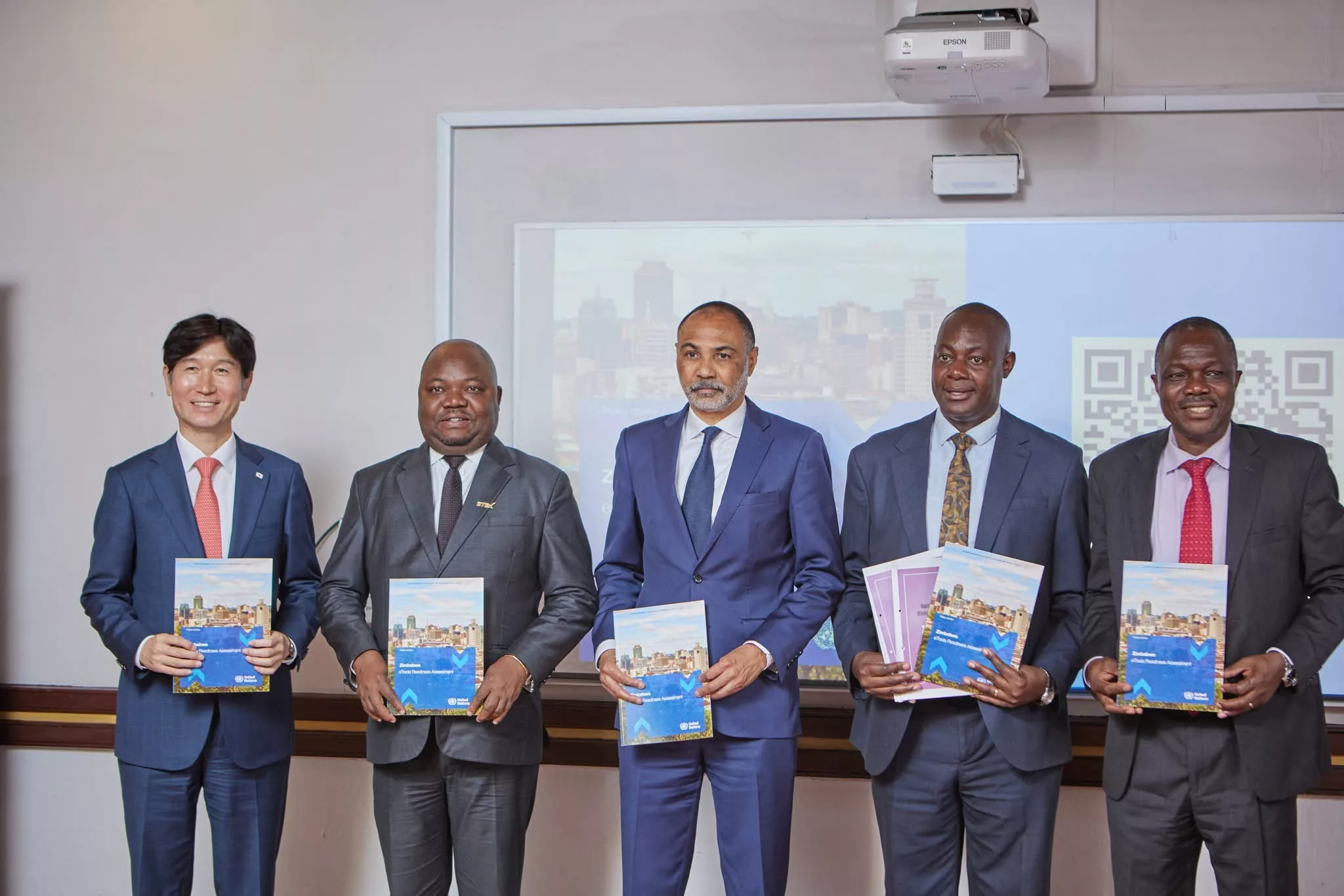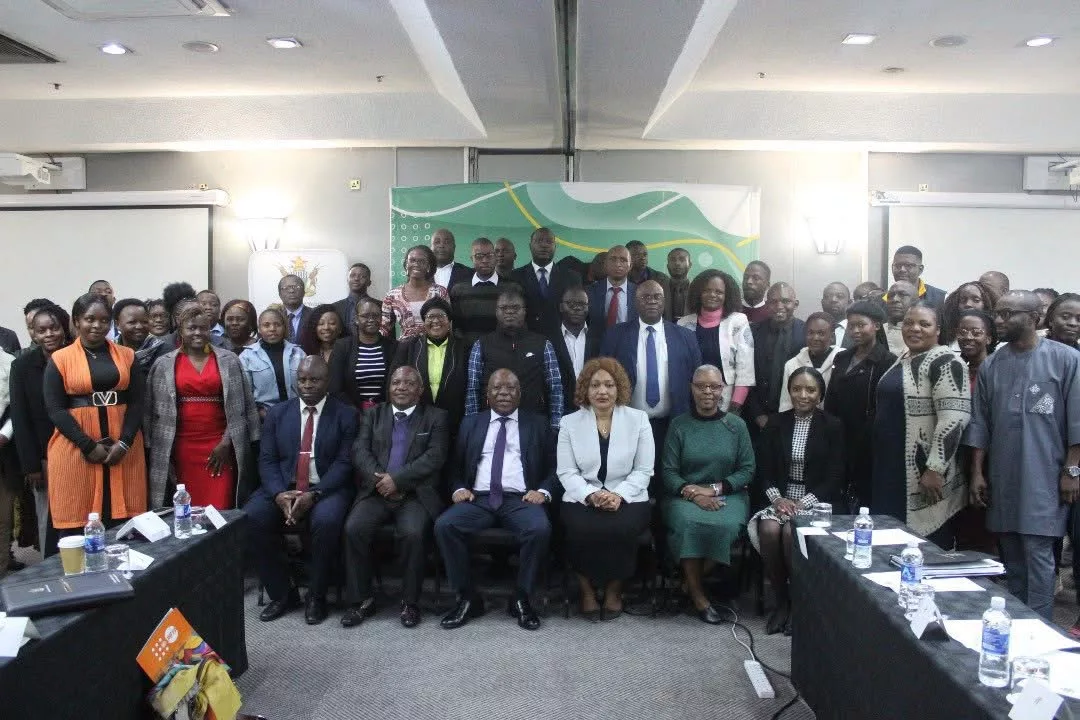By ZESN Information
The Zimbabwe Election Support Network (ZESN) notes efforts by political parties that participated in the 30 July 2018 harmonised elections to engage in dialogue. The network also notes that some political parties which participated in the harmonised elections are not participating in the political dialogue raising issues around the legitimacy of the dialogue, which issues, in our view, merit consideration by the conveners of the dialogue, so that no political player is left out.
ZESN reiterates its position that the dialogue must be inclusive of all electoral stakeholders namely civic society organisations, churches, the media, women, persons with disability, and youths among others. The call comes against the backdrop of continued exclusion of CSOs in the National Dialogue process. The Network hopes that an inclusive national dialogue would proffer lasting solutions to the challenges bedevilling the country, thereby ensuring peace and stability.
The Motlanthe Commission into the 1 August shootings recommended the establishment of a multi-party reconciliation initiative, including youth representatives, with national and international mediation to address the root causes of the post-election violence. The Commission also recommended the identification and implementation of strategies for reducing tensions. ZESN acknowledges the establishment of an inter-ministerial task-force to address recommendations and issues raised by the various election observer missions as well as the Motlanthe Commission. The Network however, encourages that the dialogue culminates in an Electoral and Political Reforms Taskforce or a Working Group comprising of Parliament, institutions supporting democracy, political parties, CSOs and faith based organisations and other key stakeholders to closely monitor the timeous implementation of recommendations proffered by local, regional, and international election observers ahead of the 2023 elections.
The National Dialogue must deliberate on political, administrative and legal reforms that are needed to enhance the credibility of Zimbabwe’s electoral processes. The key demands that ZESN reiterates for consideration during the National Dialogue include:
· the independence of the ZEC and other Chapter 12 institutions;
· reviewing provisions around the delimitation of constituencies;
· tightening provisions on the role of traditional leaders;
· reviewing results management and transmission systems;
· a conducive political environment that enables the holding of free, fair and credible elections devoid of violence and intimidation;
· ensuring media pluralism, diversity, and equal coverage and access to the public media by all contesting political parties and candidates;
· ensuring compliance with Constitutional provisions for the equal representation of women in all key decision making positions; and
· institutionalising election dispute mechanisms, including by establishing alternative election dispute resolution mechanism.
Furthermore, ZESN reiterates calls for the government to invest in efforts that promote national healing, peace, and justice in light of the residual mistrust amongst some election stakeholders as a result of contested electoral outcomes.
The National Dialogue should factor in inclusive and comprehensive discussions on electoral and political reforms so that future electoral processes are not disputed and comply with domestic, regional and international standards that govern the conduct of democratic electoral processes.






